
Climate Change Concerns New Diseases and Parasites
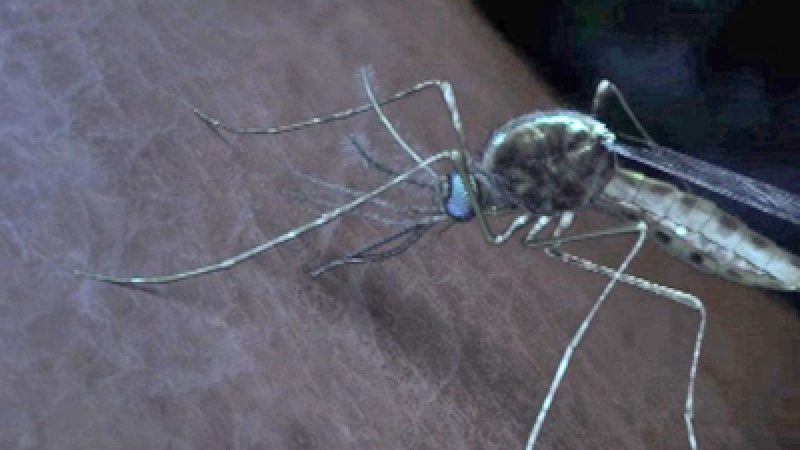
The Melbourne Conversations Forum is underway. The topic of discussion is climate change. But here they’re looking at the bigger picture, from a microscopic perspective.
[Natasha Mitchell, Forum Moderator]:
“What does climate change mean for the bugs, the viruses, the parasites that from time to time like to call our body home and make us very sick indeed?”
Distinguished scientists from the 12th International Convention of Parasitology in Melbourne are discussing just that.
[Sir Gustav Nossal, Immunologist]:
“Well I’m an immunologist and really everybody knows about viruses, particularly after the bird flu scare and the SARS. Everybody knows about bacteria, particularly getting cured by antibiotics. No one knows about parasites – the third kid on the block and they are a very grave threat to humanity.”
Considered Australia’s foremost scientist for over three decades, immunologist Sir Gustav Nossal is well-known internationally, and knows a thing or two about these minute monsters.
[Sir Gustav Nossal, Immunologist]:
“There is no question that the human race and the parasites have had an uneasy relationship for many, many millennia.”
Sir Nossal says that warmer temperatures will create more fertile breeding grounds for parasites.
[Sir Gustav Nossal, Immunologist]:
“They love warmer temperatures, they love warmer humidity. And of course all of the patterns of climate change suggest a warming globe and higher rainfall events and higher tidal events. And that’s going to be good for the parasites. Secondly parasites are frequently carried by what we call vectors, things like mosquitoes and sand flies and ticks and even snails, and they like it nice and warm.”
The parasite takes the opportunity to enter the human body from these vectors. In the case of a mosquito, it could host a parasite carrying the malaria virus. Millions of people are infected with parasites and the accompanying viruses.
[Natasha Mitchell, Forum Moderator]:
“I’m told that 194 million people in China are infected with hook worm. It’s reported that every 30 seconds a child dies of malaria somewhere in the world.”
American scientist Kevin Lafferty has additional concerns.
[Kevin Lafferty, Scientist]:
“One of the things I’m particularly worried about is the extent to which if climate change alters economics and leaves us social unrest. Then indirectly that could lead to quite a number of problems with infectious diseases.”
Disasters such as floods, volcanic eruptions and rising sea levels can cause large scale economic effects with greater movement in population and disruption to agriculture. The result is overcrowding, lack of hygiene and polluted air and water, ideal conditions for parasites and diseases to flourish.
[Sir Gustav Nossal, Immunologist]:
“It’s extraordinary how everything connects with everything else.
So what’s next?
[Sir Gustav Nossal, Immunologist]:
“We must be vigilant, we must increase interdisciplinary research, and yes ladies and gentlemen take climate change very seriously.”
Robert Apicella, NTD News, Melbourne, Australia
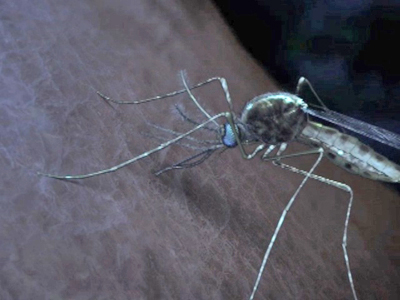 Foto: NTD
Foto: NTD





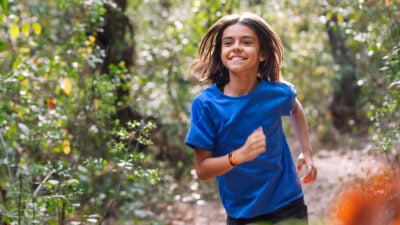




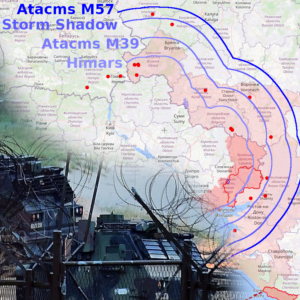




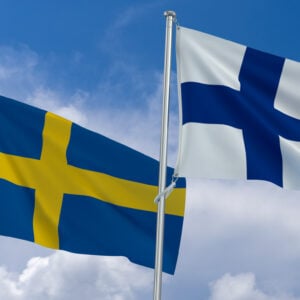



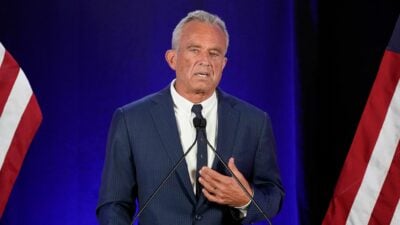



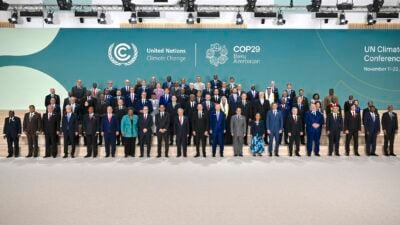



vielen Dank, dass Sie unseren Kommentar-Bereich nutzen.
Bitte verzichten Sie auf Unterstellungen, Schimpfworte, aggressive Formulierungen und Werbe-Links. Solche Kommentare werden wir nicht veröffentlichen. Dies umfasst ebenso abschweifende Kommentare, die keinen konkreten Bezug zum jeweiligen Artikel haben. Viele Kommentare waren bisher schon anregend und auf die Themen bezogen. Wir bitten Sie um eine Qualität, die den Artikeln entspricht, so haben wir alle etwas davon.
Da wir die Verantwortung für jeden veröffentlichten Kommentar tragen, geben wir Kommentare erst nach einer Prüfung frei. Je nach Aufkommen kann es deswegen zu zeitlichen Verzögerungen kommen.
Ihre Epoch Times - Redaktion